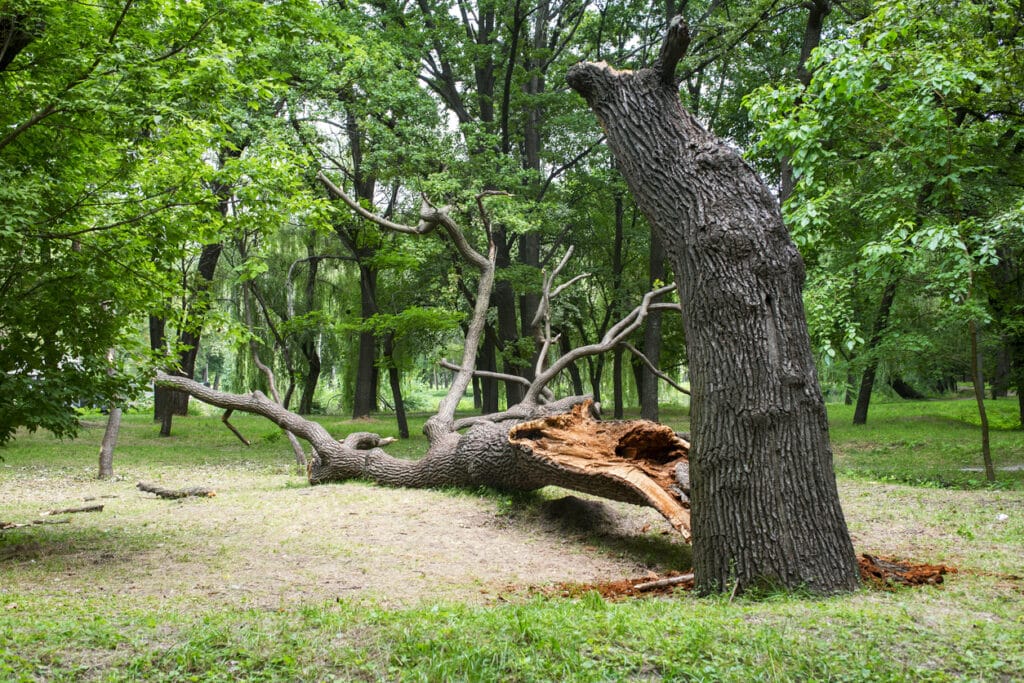Trees are a wonderful when they are healthy and in the right place. They can also be real challenges and potential hazards if they aren’t in top shape. Every property owner or caretaker needs to know how to recognize potential hazards in their trees so they can take action to prevent personal injury and damage to structures or vehicles.
Watch for Signs of Instability
Trees are essentially natural structures and can grow to be quite massive in terms of both size and weight. This means that the tree’s trunk, and the soil that supports it, must be stable and strong enough to bear this load. Even slight shifts or weaknesses at the foundation of the tree can compromise it.
Even though these considerations are usually long-term, it’s possible for instability problems to emerge suddenly. Periods of extreme rainfall, flooding, or high winds can change things quickly. That’s why it’s a good idea to check trees that are located on embankments or slopes following this kind of weather.
Symptoms of an Unhealthy Tree
It’s not always easy to diagnose the cause of a tree’s poor health, but there are usually some apparent signs that something is wrong. The average property owner isn’t expected to have the eye of a professional arborist, but they should still try to keep their eyes open for potential problems.
Some of the obvious signs of an unhealthy tree include:
- Color changes in bark or leaves
- Spreading or clusters of dying foliage
- Little or no new growth
- Branches bending or breaking
There are many different reasons that might cause a tree’s health to fail, whether it’s a gradual decline or an immediate one. It’s much harder to address these issues once they get to the point of widespread and obvious deterioration. That’s why you should take the time to check out anything unusual, including death of leaves or buds and bark discoloration.
Learn to Recognize Animal and Insect Damage
Every tree is a miniature ecosystem that expands as it grows. There can be dozens of different animal and insect species living on a healthy tree without issue, ranging from woodpeckers and squirrels to beetles. However, certain pest species or overpopulation of residents can create serious issues.
Leaf-eating caterpillars and wood–hungry termites are just two examples of common pest threats to North American trees. While termites tend to attack the roots or decaying bases of dead or dying trees, caterpillars can infest healthy trees of any age.
Be Smart About Tree Safety and Removal
Altar Tree Service is here to help our clients recognize hazards related to their trees and address them in a safe way. This includes expedited service for property owners who want to address unhealthy trees to prepare for an incoming storm. Please contact Altar Tree Service in Salem, OR to learn more about our advanced tree remediation and tree removal solutions.





